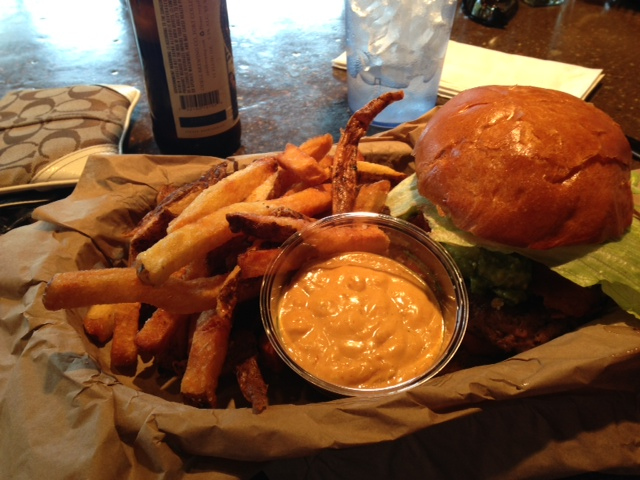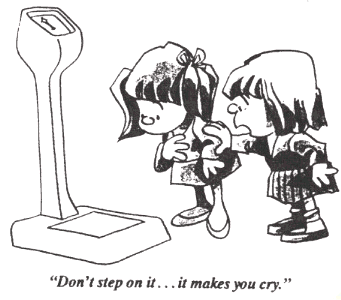Some thoughts and discussions from me.
If I had to pick one of the most common hurdles that my clients tend to struggle with when they first come to me, it’d be nighttime eating and snacking, followed very closely by weekend eating.
Clients who experience this hurdle typically have some of the same tendencies
- you follow a regular schedule during the week, but your weekend life schedule looks completely different
- you might have a tendency to be an all-or-nothing type of person
- your friends or social circle likes to dine out and drink quite frequently on the weekends

In fact, just the other day, I had asked one of my clients how her weekend went, and she replied, “good, but I gained back those 3.5 pounds that I lost last week.”
So you overindulged over the weekend. What now?
Before we go into some strategies to apply to weekend eating, let’s talk about what happens after the indulgent weekend. Because if weekend eating tends to be an ongoing struggle for you, it’s likely part of a cycle, and that cycle doesn’t stop after Monday rolls around
So you had an indulgent weekend, and didn’t exactly stick to your nutrition plan. Maybe you didn’t even consider it. Well, it happens. And it happened, and it’s not a big deal.
What?! Not a big deal?! Yes, I want you to acknowledge that it happened, but don’t let it affect you emotionally.
Here’s what I don’t want you to do:
Beat yourself up
Weigh yourself every day
Severely restrict calories or add an extra cardio session or four to “make it up”
These actions are all PART OF the cycle that then leads again to overindulging on the weekend.
1) Off plan weekend eating > 2) guilt and shame > 3) restrict or try to be ‘perfect’ > 4) step on the scale and see it up > 5) more guilt + shame > weekend eating

Let’s talk about #4 in that list for a second. Because you overindulged over the weekend and feel bloated, you become a bit obsessed with the scale, and see it up, even after one day of eating back on plan. So you become frustrated.
But the thing is, that scale is still measuring your water weight, bloat leftover from the weekend + a few other variables that aren’t body fat. You did not gain four pounds over the weekend, even though the scale might show four pounds up.
What to do Instead
Instead of perpetuating the cycle above, here’s what I’d like you to do:
1) Realize you overate over the weekend, and sure, that it’s not conducive with the progress that you’re looking to make.
2) Realize how you feel physically because of it, and how you’d feel physically if you’d made some different choices.
3) MOVE on – and start applying the practices and habits that your plan lays out without doing anything aggressive or beyond. No need to do an hour of extra cardio to ‘burn off’ extra calories eaten. That not only leads to a mindset that’s incongruent to your goals, but also affects appetite and your current plan and perpetuates the cycle.
4) Note how good you feel applying these habits and practices, and resist the urge to step on the scale. At this point, you’re feeling good, nourishing your body, and moving in a healthy way to reach your fat loss goals. Continue this without stepping on the scale if the scale will have any affect whatsoever on your mood or actions.

Weekend Eating Strategies
You’re now feeling great, and it’s Friday again. Since you didn’t restrict or over exercise, you should be feeling pretty good, and not depleted or feeling like you need a ‘reward’ for white knuckling it through the week.
Going into the weekend with a healthy mindset, here are some strategies I have my clients do to help them stay on plan throughout the weekend.
1) Plan an off-plan meal
That sounds somewhat ironic, but it can be very helpful to plan a meal out with a loved one or friends where you simply eat what you want – and feel absolutely no guilt or need to “un-do it” the next day. It prevents mental burn out – and gives a little spike to that metabolism if you go into a slight surplus that day.
2) Opt for additional accountability
For some, having extra accountability over the weekend helps. I have some clients snap a picture of their weekend meals and send them to me, some record a food log, some check-in via text or email, etc. I also conduct a (quicker) weekend check-in in my group programs for their weekend eats and workouts.
3) Integrate “Inadvertent Fasting”
I’m putting that in quotes because I totally made up that term, but it’s a play on Intermittent Fasting, but just for random occasions or the weekends. If you tend to eat higher calorie meals on the weekend days, decreasing meal frequency can be very helpful for some to keep their meals from hindering progress.
If you apply any of the strategies above, I recommend working with a nutrition coach to do so. There are several other strategies that I use with my clients, but there’s are some of the practices we most often put into place.
Does your weekend eating differ from your work-week eating? What’s one hurdle that you struggle with your nutrition?
If you have struggles with weekend eating – or any area of your diet, I’d love to touch base to see if we’d be a good fit to work together. My macronutrient cycling and training intensity March 28th Peak Physique online boot camp is actually now FULL, but due to high demand, I’ve opened another round that starts April 18th. If you’d like more information or to see if it’d be a good fit for you, you can fill out the form below.
[gravityform id=”3″ title=”true” description=”true”]

This is great advice. It is sometimes difficult in the beginning to establish a healthy diet plan. When it becomes a way of life, an occasional indulgence is fine.
Say no to the restrict then binge cycle!!! Thanks Paige ❤